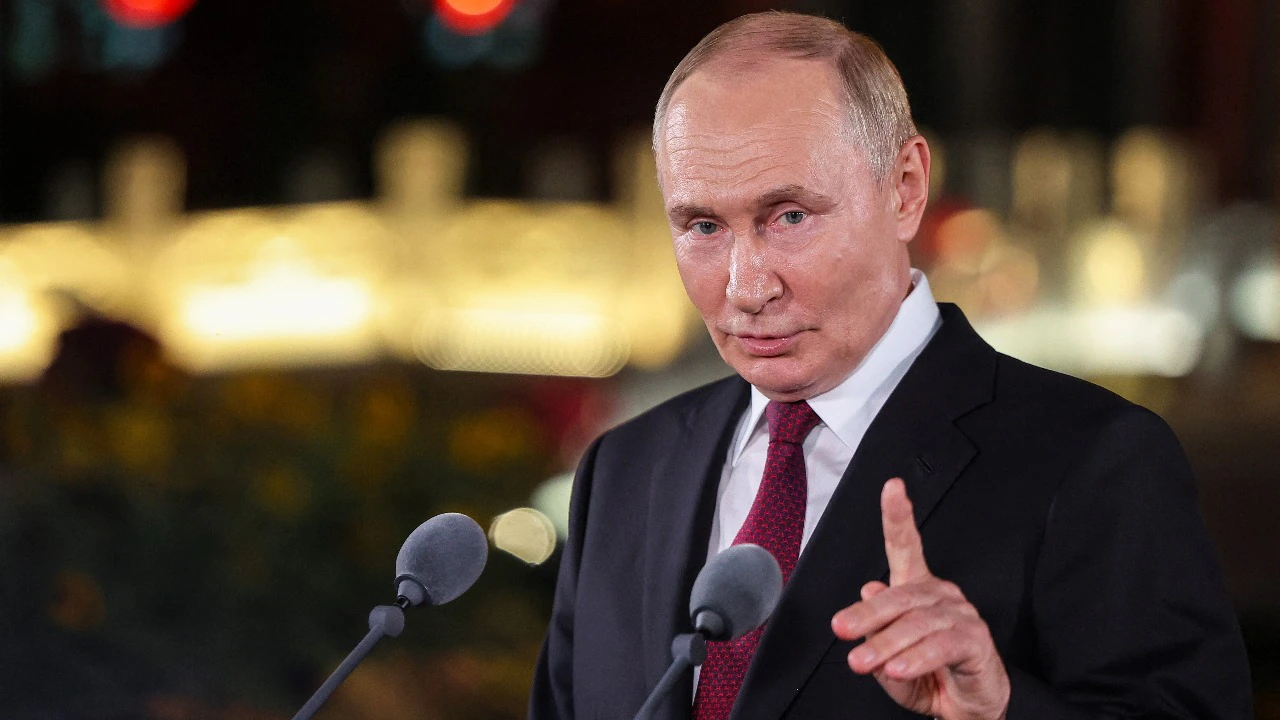The geopolitical standoff between Moscow and Washington has entered a critical phase as Russian President Vladimir Putin issues warnings about potential U.S. deliveries of long-range missiles to Ukraine. The Russian leader insists that such a move would mark a new stage of escalation in bilateral relations, one that would not dramatically change the battlefield outcome but could deeply damage diplomatic ties between the world’s two nuclear superpowers. The implications go far beyond Eastern Europe, with energy markets, nuclear treaties, and NATO’s collective security all caught in the crossfire.
The Escalation Over Long-Range Missiles
Putin stated that the supply of advanced U.S. Tomahawk cruise missiles to Ukraine would represent a qualitative escalation, transforming the nature of Russia-U.S. relations. Although he acknowledged that the missiles could inflict damage, he argued that Russia’s air defenses would adapt quickly to the new threat and maintain strategic balance. The Kremlin has consistently claimed that its military continues to make steady advances on the battlefield, despite significant Western backing for Ukraine.
This dispute comes as NATO allies increase their support for Kyiv and consider new layers of security cooperation in Europe. With Poland, Estonia, and other Baltic nations reporting Russian drone intrusions into their airspace, the threat perception across the continent has risen significantly. In response, European defense ministers are coordinating the creation of a “drone wall” to intercept aerial threats. Information on NATO’s collective security measures can be found through NATO’s official website.
Nuclear Treaties, Energy Security, and Global Risks
While sending stern warnings, Putin has also presented himself as open to selective cooperation with Washington. He reiterated Russia’s willingness to extend the New START treaty, which limits nuclear warheads and delivery systems, for one more year. The treaty, originally signed in 2010, remains the last major arms control pact between the two powers. Without an extension, both nations would be free to expand their nuclear arsenals, potentially sparking a new arms race. Detailed treaty information is available on the U.S. State Department website.
Beyond nuclear security, Putin warned the West against detaining or seizing Russian oil tankers that supply global markets. He described such actions as piracy and threatened a forceful response that could destabilize already fragile energy markets. His remarks come at a time when global crude oil prices remain sensitive to supply disruptions, making energy security a central factor in the broader geopolitical struggle. For current oil price data, resources such as U.S. Energy Information Administration provide valuable insights.
NATO Confrontations and Domestic Narratives
Putin dismissed Western accusations of Russian aggression against NATO allies as political theatrics aimed at distracting voters from domestic issues in Europe. He mockingly compared French leadership to Napoleon while rejecting claims of Moscow orchestrating drone flights over Denmark, Germany, and other European nations. Instead, he framed NATO’s military buildup as a provocation that may require Russia to adopt countermeasures in the near future.
The Russian president also linked the conflict in Ukraine with broader ideological struggles, portraying conservative values as a shared bridge between Russia and certain U.S. groups. By highlighting figures he described as martyrs of these values, Putin sought to tie Russia’s actions to a larger cultural and political narrative that extends far beyond the battlefield. This rhetoric underscores his strategy of combining military threats with ideological positioning to influence audiences at home and abroad. Analysis on Russia’s geopolitical narratives can be found at Council on Foreign Relations.
The tensions surrounding U.S. missile deliveries to Ukraine encapsulate the fragile balance of military, diplomatic, and economic power between Russia and the United States. While Moscow insists it will adapt to any new weapons on the battlefield, its repeated warnings highlight the danger of escalation that could destabilize not just Eastern Europe but global security at large.







